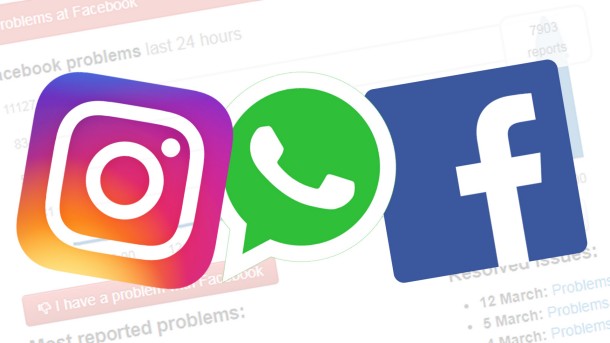The deletion of accounts was just the tip of the iceberg. In the days leading up to the announcement of the winner on 22 May, Indonesia went a step further and started limiting the access of its population to social media and other private messaging apps. Sources indicate that the shutdown came as supporters of the losing presidential candidates, Prabowo Subianto and Sandiaga Uno, took to the streets and began claiming electoral fraud. And not before.
The street riots notwithstanding, many experts have questioned the legality of the actions taken by the Indonesian government. To be clear, the country has laws pertaining to information and electronic transactions. It doesn’t, however, have any framework regarding wiretapping and data protection. WhatsApp is a freeware, cross-platform messaging service that came on to the scene back in 2009, and then bought and merged into Facebook. Over the years, it has implemented and improved many of its security features, such as adding end-to-end encryption back in 2016.
Rudiantara, while willing to take credit about his “discussion” with WhatsApp, wasn’t too eager to explain it in detail. Stating that these accounts were simply “breaking the rules”. Limiting the people’s access does, quite literally, come at a cost to the Indonesian government. According to the US-based free internet group, Access Now, it costs Indonesia more than US$81 million (~RM335 million) just monitoring WhatsApp, Twitter, Facebook, Instagram, and YouTube. (Source: SCMP // Image: Reuters)

